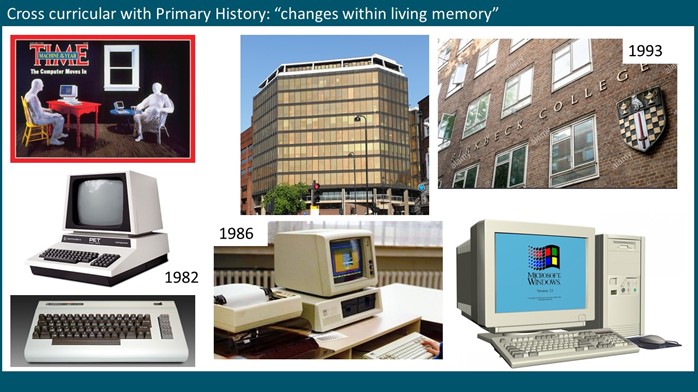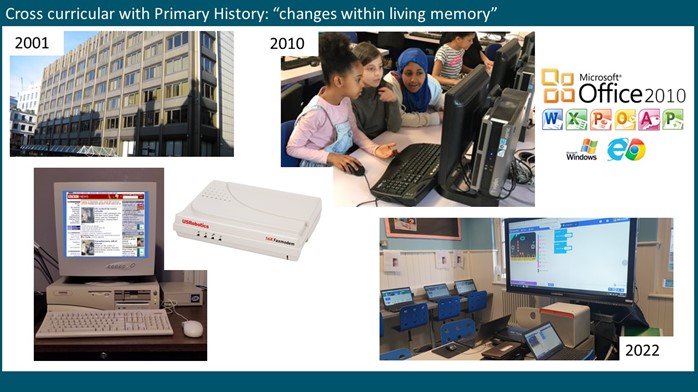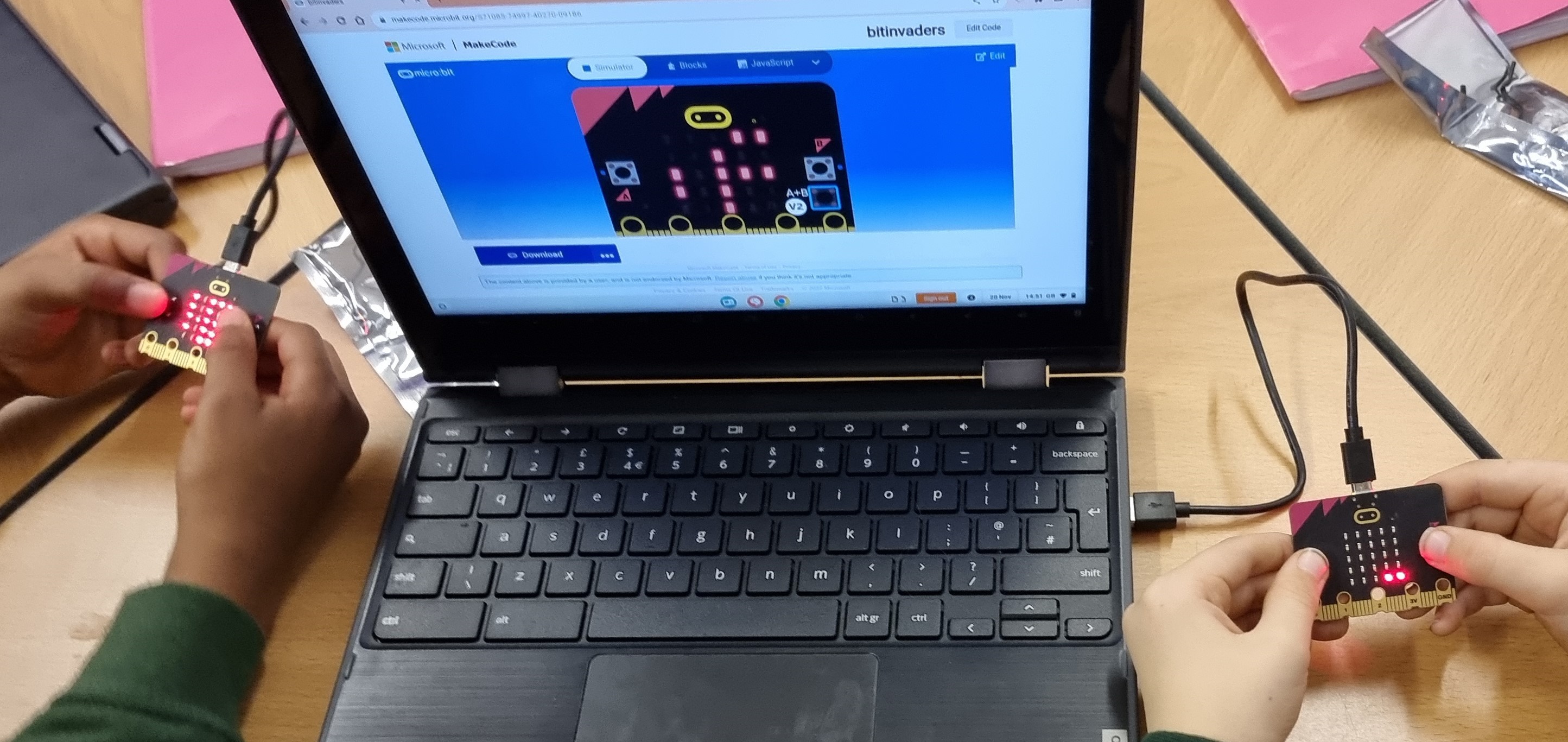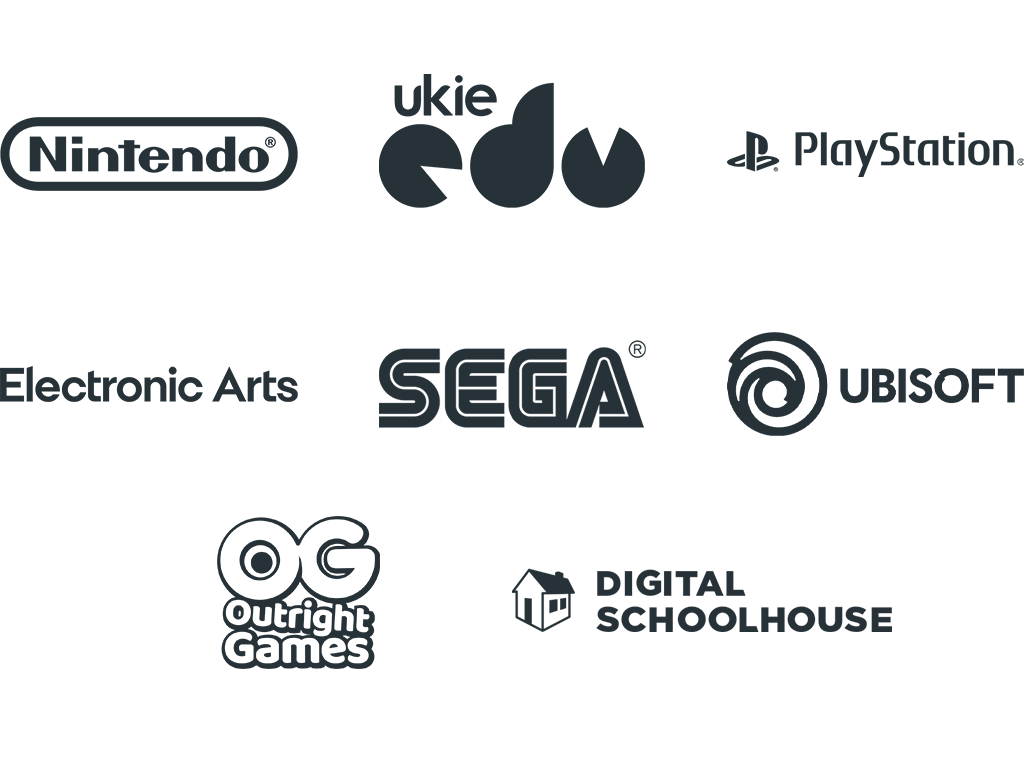
Meet a Lead Teacher: Allen Tsui, Willow Brook Primary School Academy
"It’s meant to be learning focused…”
As the school year comes to an end for 2022-23, I look back on mine and recount the big successes – one of which had been an aspiration of mine since becoming subject lead for Computing in 2020 to join the Digital Schoolhouse programme. Whilst its collaboration with the global gaming giant makes the opportunity an exceptionally popular prospect for the children I have the honour of working with, sadly there may be some who sneer at its pedagogical or learning value.
For those who aren’t familiar with my presence on social media, I have been using the portmanteau of ‘thinkering’ coined by Twitter’s @EngineerDG to describe my experiences of computing which began in 1982. Copy typing scripts printed in magazines to create computer games on a Commodore Vic-20 was where I started. Any mis-prints in the monthly magazines I subscribed to causing a ‘bug’ in the program would require immense resilience until corrections were published in the magazine’s next editions. Now of course, a bug in a script can be simply shared via social media with a flurry of replies and suggestions received within seconds.

My obsession with home computing was a major distraction on my school-life which resulted in me being “invited” to terminate my A-Level studies before I had completed the first year of the two year course. Being keyboard proficient, I secured a role in the Civil Service in 1986 where I began as a data processor using a standalone IBM PC XT. My new colleagues were so intimidated by the technology and fear of static inference on the equipment, I found myself being allocated an office the size of which would be the envy of many senior executives. During my near 24 year career in the Civil Service I experienced the technological transformation of the workplace from building Local Area Networks, embracing the use of the World Wide Web and ultimately commissioning a multi-million pound construction of a secure Wide Area Network for 8,500 staff with devices to every desktop in over a hundred office locations. I would therefore consider myself as having a good understanding of the vocational value of digital literacy skills which the Digital Schoolhouse initiative directly supports.

In planning the schedule of workshops I am now offering since September 2023, I have seen how the Digital Schoolhouse approach is very similar to my own with the statutory expectations of the National Curriculum for Primary Computing forensically mapped to the thematic components of Algorithms, Programming, Data, Systems and Communication. Unlike other published Schemes of Work that some schools may subscribe to or make use of, Digital Schoolhouse reflects the approach I have long held that Computing is about “stage not age”. Learning Computing is a continuum rather than a linear path of progression. Being able to proficiently read code as well as the ability to confidently and efficiently use search engines are unrelated but inter-dependent.
Digital Schoolhouse also presents an opportunity for those schools like mine who have made a decision to provide extra-curricular learning opportunities in-timetable to extend the children’s experiences beyond the statutory curriculum. With so many demands on Primary schools to teach a wide range of content in the limited time available, the support that Digital Schoolhouse provides means potentially doubling the time that children can have for learning Computing and engaging with technology. The cross curricular applications too mean that the children get to apply what they learn about digital technology in the context of other subjects. As leading experts and industry practitioners have been citing in recent times, the creative digital media sector in terms of global gross profitability in 2023 is thought to outstrip the movie-making and music industries combined. Those policy-makers who place creative digital media as the centrepiece of their strategic planning are truly future-proofing learners of today into the digitally literate citizens of tomorrow. Play-based learning has the capability of enabling individuals to develop a wide range of skillsets that other parts of a more traditional, knowledge-based curriculum cannot teach.
You can book a workshop with Allen through our website


